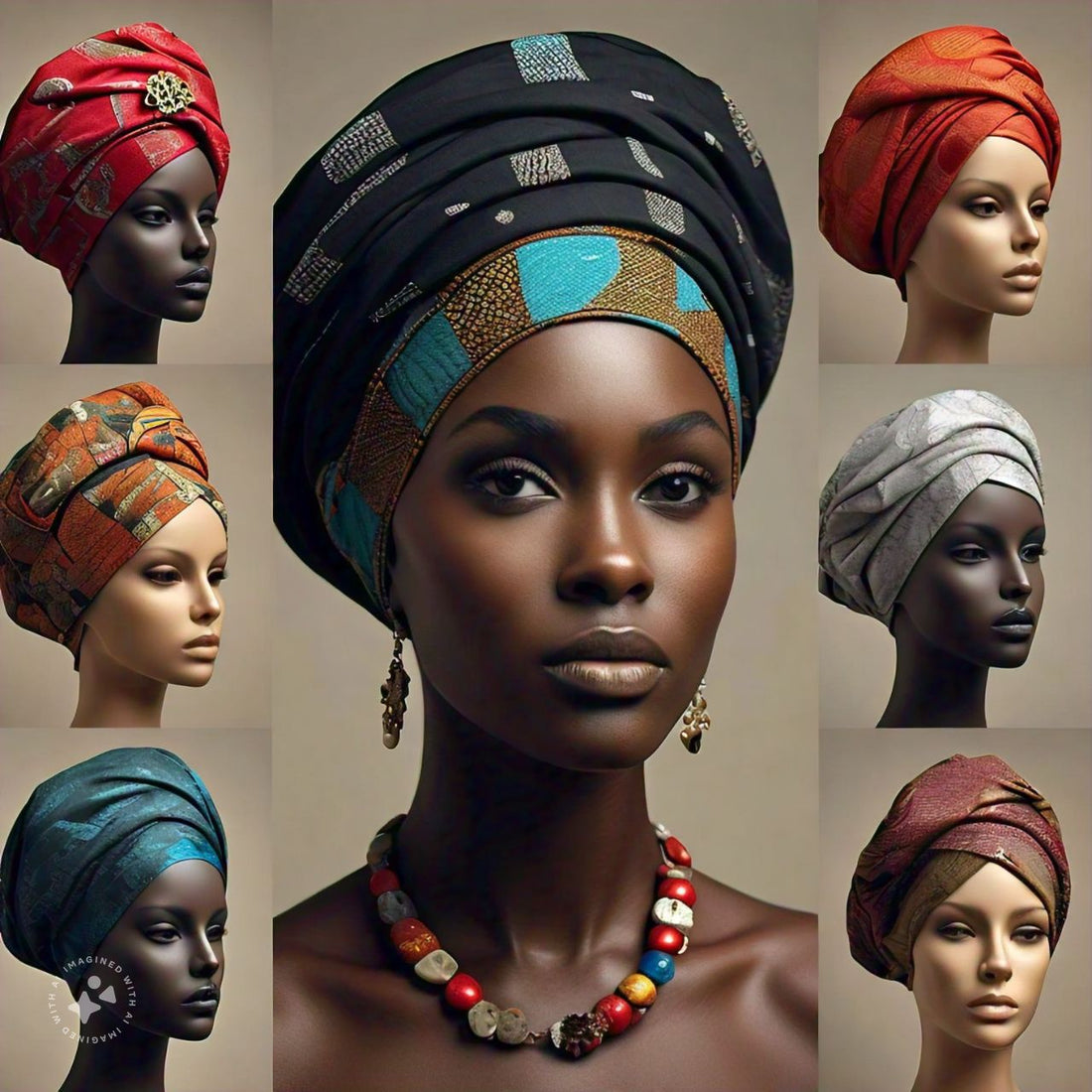
African Headwraps: A Symbol of Beauty and Strength
Share
African headwraps have been a staple in African culture for centuries, serving as a symbol of beauty, strength, and identity. These vibrant and intricately designed pieces of fabric have been worn by African women and men alike, each with its own unique style and meaning. In this blog post, we'll delve into the world of African headwraps, exploring their different styles, meanings, and significance in African culture.
The History of African Headwraps
African headwraps have a rich history that dates back to ancient civilizations. In many African cultures, headwraps were worn as a symbol of spirituality, royalty, and social status. For example, in ancient Egypt, headwraps were worn by pharaohs and nobles as a symbol of their power and authority.
Different Styles of African Headwraps
African headwraps come in a variety of styles, each with its own unique characteristics and meanings. Here are some of the most popular styles:
Gele: A gele is a traditional Nigerian headwrap that is worn by women on special occasions such as weddings and festivals. Geles are typically made of intricate designs and patterns, and are worn in a variety of styles, including the popular "fan" style.
Duku: A duku is a type of headwrap that originated in Ghana. Dukus are typically made of colorful fabric and are worn by both men and women. They are often worn as a symbol of cultural identity and pride.
Headscarf: A headscarf is a simple yet elegant style of headwrap that is worn by women in many African cultures. Headscarves are often made of lightweight fabric and are worn as a symbol of modesty and humility.
Turban: A turban is a type of headwrap that is worn by men in many African cultures. Turbans are typically made of long pieces of fabric that are wrapped around the head in a variety of styles.
The Meanings Behind African Headwraps
African headwraps are more than just a fashion statement - they also carry deep cultural and symbolic meanings. Here are some of the meanings behind African headwraps:
Spirituality: In many African cultures, headwraps are worn as a symbol of spirituality and connection to the divine.
Cultural identity: Headwraps are often worn as a symbol of cultural identity and pride.
Social status: In some African cultures, headwraps are worn as a symbol of social status and wealth.
Beauty and elegance: Headwraps are often worn as a symbol of beauty and elegance, and are often used to add a touch of glamour to an outfit.
Conclusion
African headwraps are a vibrant and meaningful part of African culture, serving as a symbol of beauty, strength, and identity. With their rich history, diverse styles, and deep symbolic meanings, African headwraps are a true reflection of the beauty and richness of African culture.